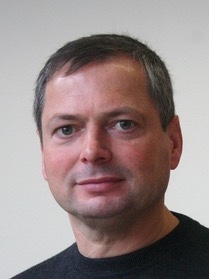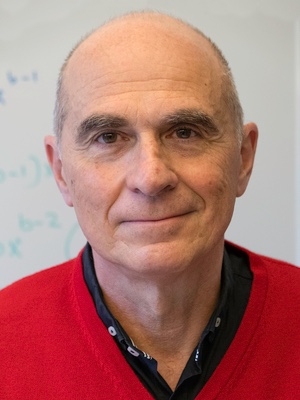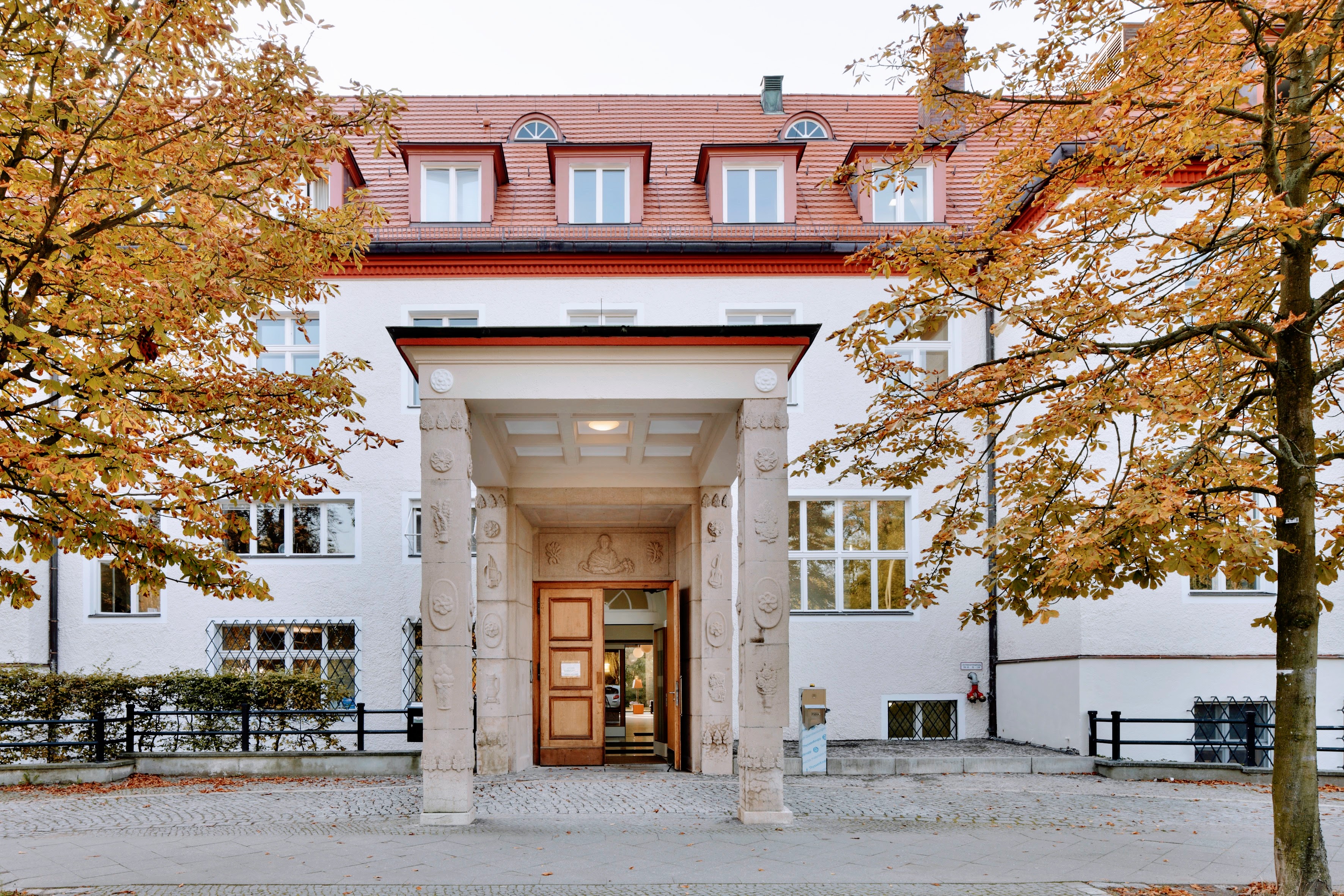While in one-dimensional equilibrium systems with short-range particle interactions, transitions between phases of different particle densities cannot occur, this is different in nonequilibrium systems. Already a simple driven lattice gas, the asymmetric simple exclusion process with open boundaries, shows such transitions.
In the first part of the talk, I discuss similar phase transitions in a slightly more complex driven lattice gas with repulsive nearest-neighbor interactions. I will describe how to identify all possible nonequilibrium phases based on extremal current principles and bulk-adapted couplings to particle reservoirs [1], and show that long-range decays of density profiles and long-range anticorrelations between current fluctuations lead to weak pinning and subdiffusive dynamics of domain walls separating extremal current phases [2].
In the second part of the talk, I consider driven Brownian dynamics of hard spheres in periodic potentials. I will demonstrate that nonequilibrium phase transitions can be predicted based on the same principles as in the driven lattice gas, with the particle size entering the problem as a further relevant length scale [3]. I then discuss particle dynamics mediated by solitary waves of particle clusters [4] that can occur at high particle densities. We predicted these waves recently [5] and their occurrence could be confirmed shortly after in experiments [6]. Finally, I will present very recent results on phase-locked many-particle currents under time-periodic driving due to synchronized soliton dynamics.
[1] M. Dierl, M. Einax, P. Maass, Phys. Rev. E 87, 062126 (2013).
[2] S. Schweers, D. F. Locher, G. M. Schütz, P. Maass, Phys. Rev. Lett. 132, 167101 (2024).
[3] D. Lips, A. Ryabov, P. Maass, Phys. Rev. Lett. 121, 160601 (2018).
[4] A. P. Antonov, A. Ryabov, P. Maass, Chaos, Solitons & Fractals 132, 115079 (2024).
[5] A. P. Antonov, A. Ryabov, P. Maass, Phys. Rev. Lett. 129, 080601 (2022).
[6] E. Cereceda-López, A. P. Antonov, A. Ryabov, P. Maass, P. Tierno, Nat. Commun. 14, 6448 (2023).
Random geometric systems
SPP2265: Third annual conference
Berlin, October 28–30, 2024
Participation is limited to (associate) members of SPP2265.
Registration is closed.
The third annual conference of SPP2265 will offer several opportunities for networking and to build bridges across projects and disciplines.
Thanks to project talks and minicourse sessions, the participants should be able to make good use of their different backgrounds to discuss together about current and future directions of their research.
Please find here the timetable; note that, in order to encourage networking, some slots may not be entirely filled with talks.
The scientific programme will start on the morning of Monday, October 28, and end after lunch on Wednesday, October 30.
The conference dinner will take place on Tuesday evening at the conference venue.
The programme consists of:
- Minicourses on Monday morning, given by J. Jalowy, W. König, M. Sperl, R. Wittmann, and A. Zass;
- Talks by two guest speakers on Tuesday and Wednesday morning: Philipp Maaß and Ilya Molchanov;
- 12 project presentations, of 45 or 60 minutes each.
The project talks must take into account the highly heterogeneous nature of the SPP. They should be divided into a survey part presented by a PI, and a more technical result presentation from a young associated scientist.
Please send your slides to Elena Magnanini.
For Wednesday, between 14:00 and 15:30 (after the scientific programme), for those who registered for the overview tour on 100 years of science in the "German Oxford", there will be the option of choosing between two parallel tours, one in English and one in German.
Guest speakers
Philipp Maaß
Osnabrück University
Phase transitions and soliton-mediated particle dynamics in driven diffusive systems
Abstract
Ilya Molchanov
University of Bern
Limit theorems for generalised convex hulls
Abstract
The standard closed convex hull of a set is defined as the intersection of all images, under the action of a group of rigid motions, of a half-space containing the given set. This talk concerns a generalisation of this classical notion, which is obtained from the above construction by replacing a half-space with some other closed convex subset of the Euclidean space, and a group of rigid motions by a subset of the group of invertible affine transformations. The main focus is on the analysis of generalised convex hulls of random samples.
Joint work with Alexandr Marynych (Kiev) and Zakhar Kabluchko (Müster).
The venue of the school is the Harnack House at Ihnestraße 16-20, 14195 Berlin-Dahlem.
The scientific programme will take place in the Goethe hall, while the coffee breaks will be served in the Planck lobby.
Getting there
The venue is close to the U-Bahn station Freie Universität (Thielplatz), on the U3 line.
From the hotel Motel One Berlin-Tiergarten, it can be reached in 25 minutes by taking the U3 at the Wittenbergplatz train station towards Krumme Lanke.
The organisers have reserved hotel rooms at the hotel Motel One Berlin-Tiergarten. During the registration process, you will be able to ask us to book a room for you.
If you have any questions, please do not hesitate to contact the organisers at an_2024_ragesys@wias-berlin.de.
Homepage of the SPP2265.
Organisers
Wolfgang KönigAlexander Zass


